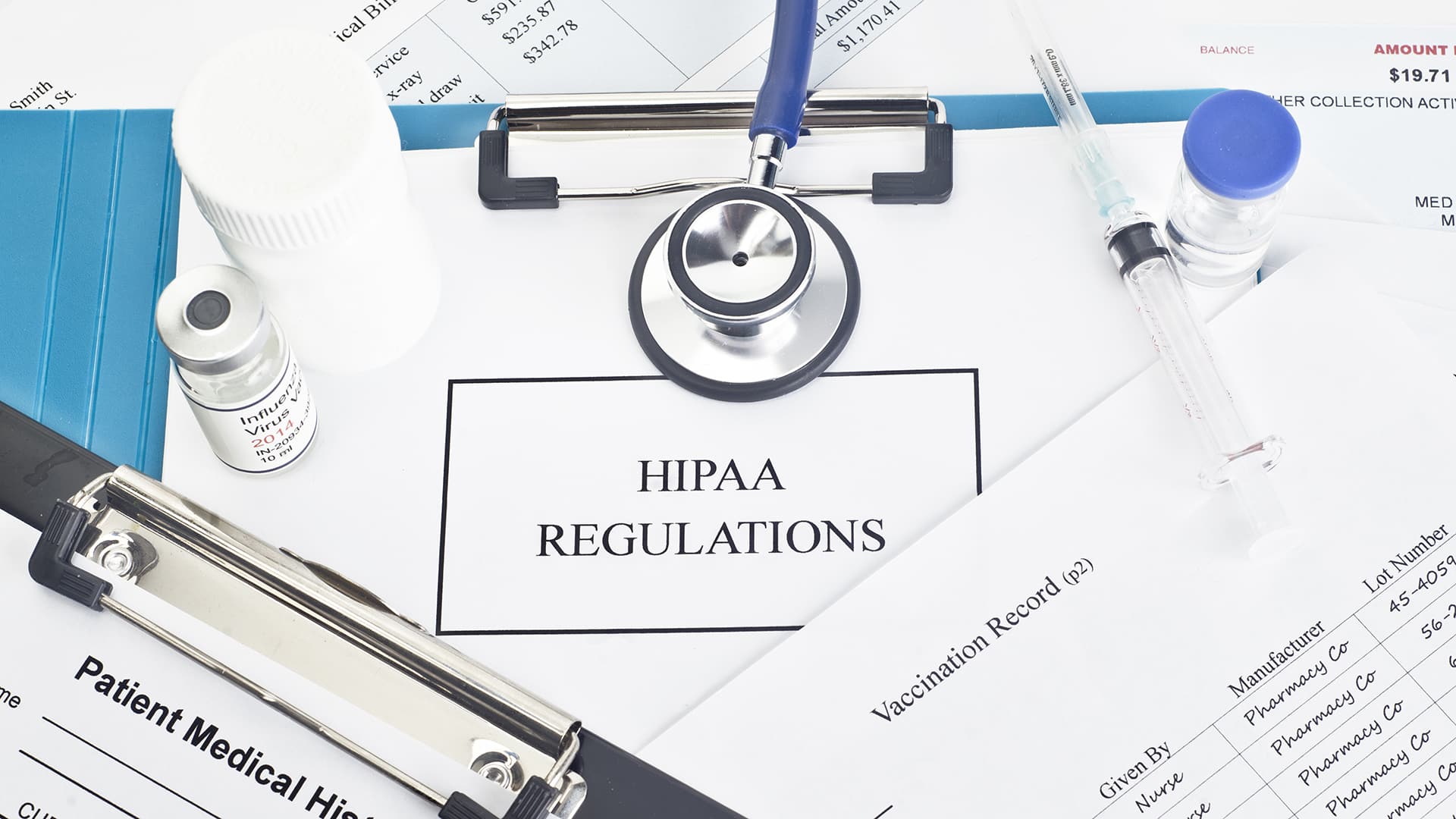Protecting Patient Privacy: HIPAA Guidelines for Employees

This article provides an overview of the importance of adhering to HIPAA guidelines for employees to protect patient privacy.
The Health Insurance Portability and Accountability Act (HIPAA) is a law that aims to safeguard privacy in healthcare by restricting access to health plan records and granting patients control over their medical information.
Violations of HIPAA can result in financial penalties, making it crucial for employees to understand and follow the guidelines.
This article will outline critical dos and don’ts, discuss the risks and consequences of privacy violations, and provide best practices for protecting patient information.
Additionally, it will address the responsibilities of employees and the importance of staying updated on any changes to HIPAA regulations.
Understanding HIPAA Compliance
Understanding HIPAA compliance is essential for employees to protect patient privacy and properly handle protected health information. HIPAA training provides employees with the necessary knowledge and understanding of patient information protection regulations and guidelines.
Through HIPAA training, employees learn about the importance of data security measures and the steps they need to take to safeguard protected health information. They are educated on the proper handling and storage of patient records, secure methods for transmitting sensitive information, and the importance of password protection and encryption.
HIPAA training also emphasizes the need for employees to be vigilant in identifying and reporting any potential breaches or security incidents. By adhering to HIPAA compliance guidelines, employees can play a crucial role in maintaining patient privacy and preventing unauthorized access or disclosure of protected health information.
Privacy Violation Risks and Consequences
Privacy violation risks and consequences include potential financial penalties and legal liabilities for individuals or organizations found to violate regulations about protecting personal health information. These consequences can significantly impact both the violator and the affected individuals.
Financial penalties can range from thousands to millions of dollars, depending on the severity and extent of the privacy breach. In addition to financial penalties, organizations may face reputational damage and loss of public trust.
Employee accountability is a crucial aspect of preventing privacy breaches. Employees must be aware of their responsibilities and adequately handle personal health information. Training programs and regular assessments can help employees understand the importance of privacy protection and the potential consequences of privacy breaches.
Organizations should also have clear policies and procedures in place, along with monitoring mechanisms, to promote accountability and prevent privacy breaches.
Prohibited Actions and Employee Responsibilities
Prohibited actions related to handling personal health information and the corresponding responsibilities of individuals in an organizational context can significantly impact compliance with regulations and the prevention of privacy breaches. Employee training is crucial in ensuring compliance with HIPAA guidelines and reducing the risk of privacy violations.
Organizations can mitigate the consequences of potential violations by familiarizing employees with the dos and don’ts of handling protected health information (PHI). Employees must be aware that using PHI for personal gain, sharing PHI without permission, discriminating based on PHI, and using PHI unnecessarily or determining insurance rates is prohibited.
On the other hand, employees should be trained to securely store patient data, prevent unauthorized access to PHI, keep records of who views patient information, disclose PHI only to those who need it, and ensure proper destruction of PHI when no longer needed.
Through thorough employee training and adherence to these guidelines, organizations can protect patient privacy and avoid the severe consequences of HIPAA violations.
Best Practices for Protecting Patient Information
Organizations should implement robust technical and administrative measures to ensure the security and confidentiality of sensitive healthcare information.
One important measure is providing comprehensive employee training on HIPAA guidelines and best practices for protecting patient information. This training should cover topics such as the proper handling and storage of patient data, the importance of maintaining strong passwords and secure user authentication and preventing unauthorized access to patient records.
Additionally, organizations should prioritize using data encryption techniques to safeguard patient information. Encrypting data helps to protect it from unauthorized access or disclosure, both during transmission and when stored on devices or servers.
Ensuring Business Compliance and Security Measures
Implementing robust technical and administrative protocols is one effective way to ensure business compliance with security measures.
HIPAA training is crucial in educating employees about protecting patient privacy and preventing data breaches. This training should cover topics such as properly handling and storing protected health information (PHI), secure communication methods, and the importance of following HIPAA guidelines.
Employees should be trained to identify potential security risks and respond to a data breach.
Additionally, implementing data breach prevention measures such as regular risk assessments, encryption of sensitive data, and access controls can help safeguard patient information.
Frequently Asked Questions
What Are the Consequences for Violating HIPAA Guidelines Regarding Patient Privacy?
Consequences for violating HIPAA guidelines regarding patient privacy include financial penalties, potential liability for employers, and reputational damage. Privacy violations can occur through unauthorized sharing of health information, using PHI without permission, and discrimination based on PHI.
What Steps Should Employees Take to Prevent Unauthorized Access to Patient Information?
Steps to prevent unauthorized access to patient information include:
- Implementing secure storage methods.
- Preventing sharing of PHI outside the organization.
- Training staff on HIPAA policies.
- Keeping records of who views patient information.
- Securely disposing of PHI when no longer needed.
Can Employees Use Personal Devices to Access and Store Patient Information?
Employees should only use personal devices to access or store patient information with proper BYOD policies and data encryption. This practice risks patient privacy and violates HIPAA guidelines for protecting health information.
How Should Employees Handle Requests for Patient Information from Third Parties?
Handling third-party requests for patient information should prioritize patient confidentiality. Employees should follow HIPAA guidelines, obtain proper authorization, and only disclose information to authorized individuals. Safeguards should be in place to protect patient privacy.
What Are the Potential Penalties for a Business That Fails to Comply with HIPAA Regulations?
Businesses that fail to comply with HIPAA regulations may face penalties and consequences. These can include financial penalties, legal actions, reputational damage, and loss of trust from patients and clients. Businesses need to ensure strict adherence to HIPAA guidelines to avoid such penalties.








Recent Comments